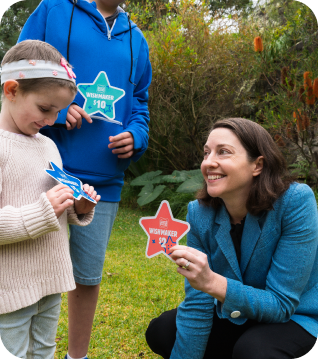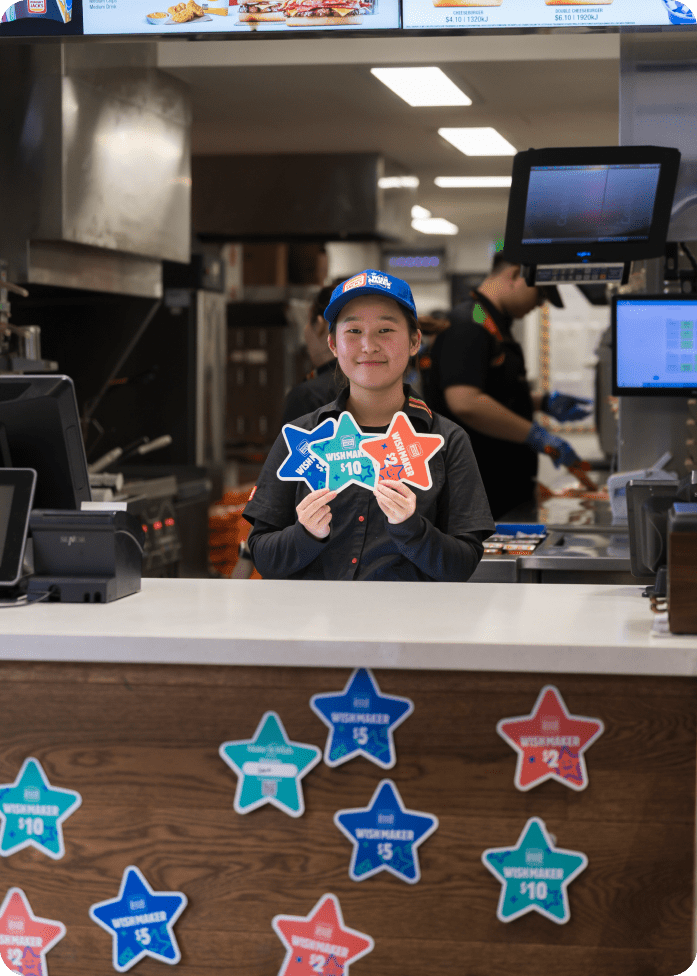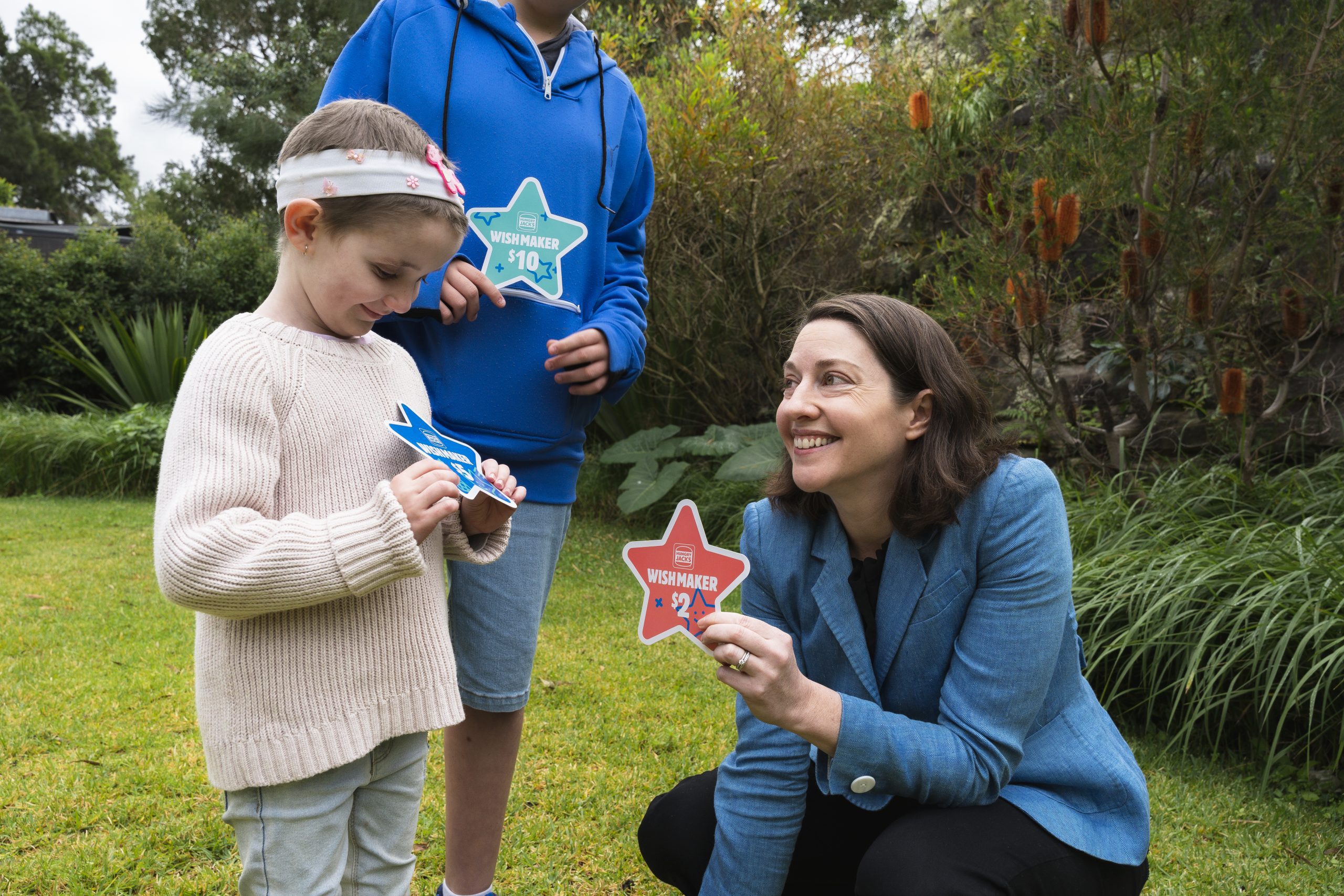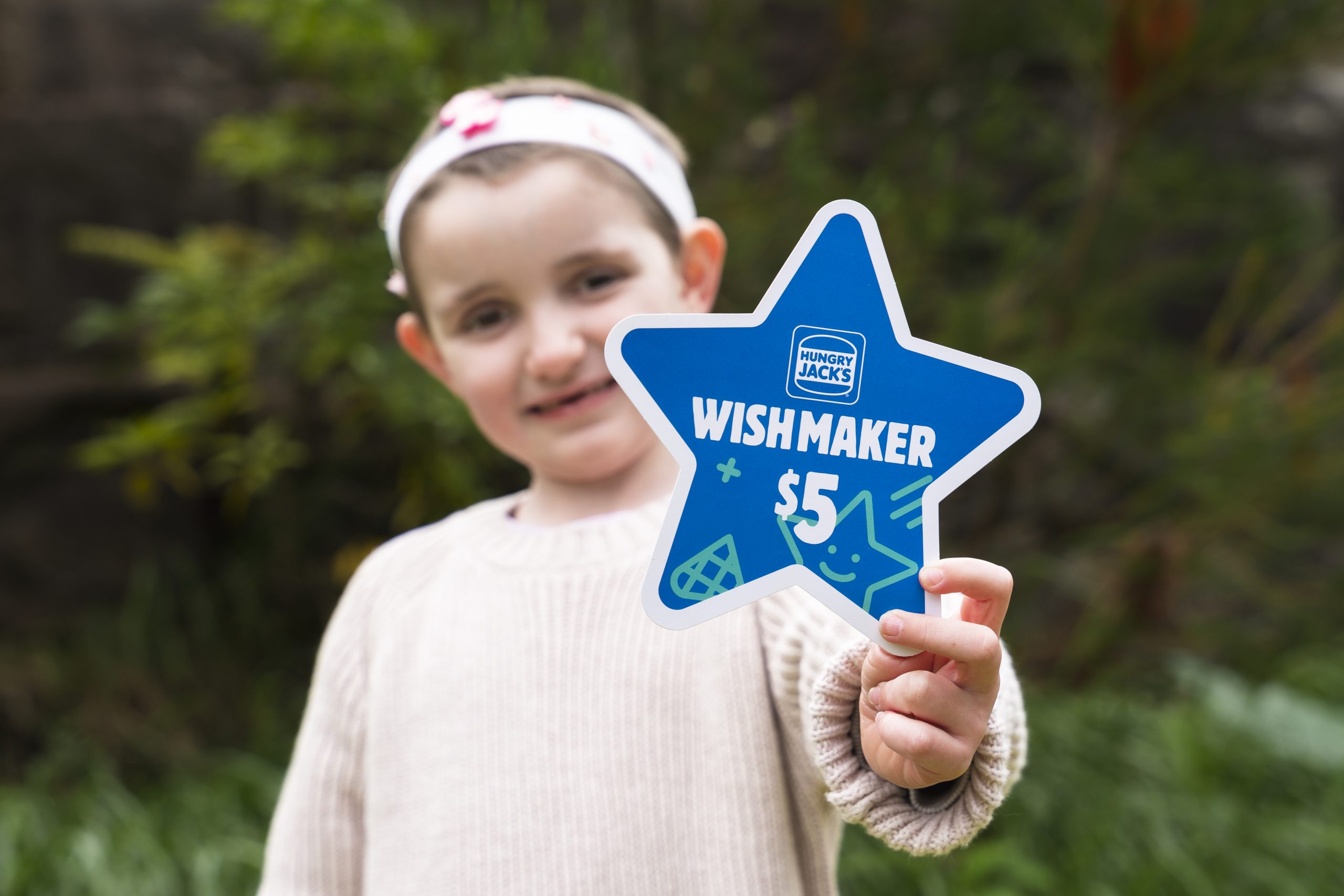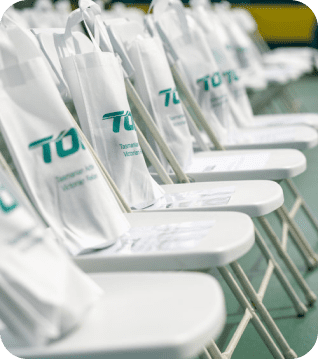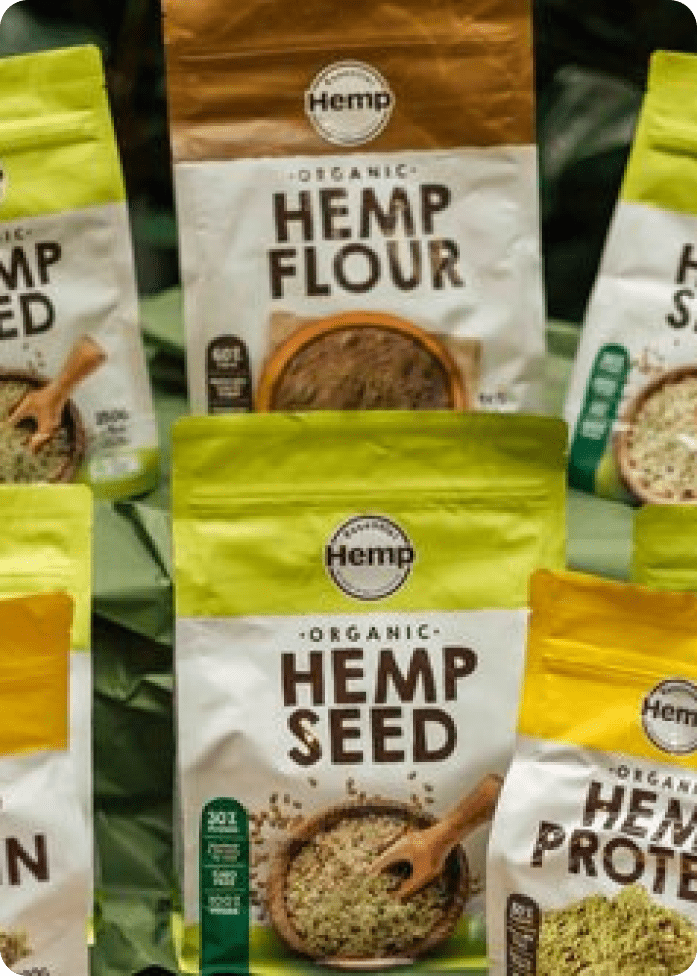A QUICK GUIDE TO NEW INFLUENCER ADVERTISING GUIDELINES
Influence: ‘the capacity to have an effect on the character, development, or behaviour of someone or something, or the effect itself.
The term ‘influencer’ has entered the vocabulary of almost every public relations consultant in Australia and has now become an integral part of most campaigns.
Influencers have appeal across a wide variety of industries and are now being allocated a large portion of big marketing budgets from a wide range of brands.
However, the conventional influencer marketing model has changed in Australia, with the arrival of new advertising guidelines that focus on ‘influencers’ and social media channels.
Effective March 1 2017, the new amendment, introduced by the Australian Association of National Advertisers (AANA) under its ‘Code of Ethics’, will mean that social influencers, journalists and bloggers must now disclose if they have been engaged for advertising or marketing communications purposes in which a ‘reward’ has been received.
The new code dubbed, ‘Clearly Distinguishable Advertising’ states that “Advertising or marketing communications must be clearly distinguishable as such to the relevant audience”.
So, what does this mean for public relations agencies and how can we ensure we adhere to the guidelines?
Whilst the AANA cannot legally penalise any party, whether it be an influencer, agency or brand for not disclosing paid content, the Australian Competition and Consumer Commission (ACCC) certainly can.
The ACCC is the federal government body that enforces the Australian Consumer Law (ACL). Relevant sections of the ACL for new influencer guidelines includes section 18, which prohibits misleading or deceptive conduct, and section 29, which prohibits specific misrepresentations, including false testimonials and associations.
If a complaint is made to the ACCC about misleading content and a party is found to have breached the ACL, they will be fined a maximum of $220,000 per post for an influencer, and $1.1 million for a brand or agency.
To avoid being penalised and remain transparent, it is important for any correspondence or contractual agreements with influencers to stipulate that they must disclose that the content is sponsored/paid. If this is clearly communicated and an influencer still chooses not to adhere to the rules, only they will be held liable.
Although there is not an exact way to disclose paid content, the hashtags #Ad or #Sponsored will keep you in the clear, as advised by the AANA.
Though Australia is yet to see any legal cases against social media influencers, brands or agencies in breach of the guidelines, it is only a matter of time.
For more information on influencer advertising guidelines head to http://aana.com.au













